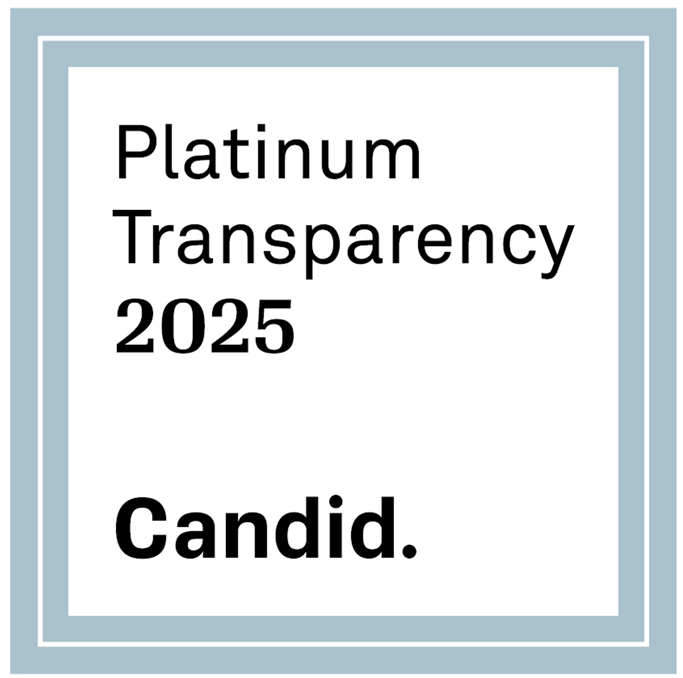Susan Mohan of Bedford Park admits to having teetered toward overspending. Her take-home pay, which never seemed to go far enough, had somehow slipped into a deep abyss wrapped in mystery. For her sake she realized that taking control of her finances, and envisioning a home she hopes to own in a few years, was a key to unlocking the mystery.
For Greg Lobel of Co-op City, cash withdrawals from ATMs not linked to his bank certainly cut into his costs, though looking back, he dismissed how far they were setting him back. “It’s one of those things you don’t think about sometimes,” said Lobel, a substitute teacher.
The two, having never met, decided they needed help. After all, Mohan was a single mother and sole breadwinner while Lobel was facing $43,000 of student loan debts.
Achieving financial zen would take five weeks, soul searching, and discipline through the University Neighborhood Housing Program’s (UNHP) “Getting Ahead” personal finance workshop. The free sessions are just a sample of the many financial workshops offered in the Bronx, including one-day financial literacy classes held at a number of New York Public Library branches each month. Area colleges also offer personal finance courses, but unlike those offered by UNHP and the public library system, they come with a fee.
To conduct the class, UNHP secures pro-bono services of Neighborhood Trust Financial Partners, a 21-year nonprofit that teaches personal finance skills to low-income residents of communities across the city. The group works at 40 sites, dispatching a trained financial literacy coach tasked with both assessing a client’s current understanding of money management and offering tools to improve upon it.
Workshops are geared to a clientele that’s largely working poor, whose spending typically exceeds savings. The tough financial circumstances create a nasty debt cycle–people who’ve declared bankruptcy may take the class, and often are mandated to do so by their bank. Today, 30.5 percent of the borough’s population is deemed working poor, a status defined by the federal government as individuals in New York state earning $12.69 an hour for fulltime, year-round work. For a family of two in the Bronx to be self-sufficient, that is, to be able to cover all the basic housing, food, transportation and other costs of living, required $37,488 in 2014, according to the Center for Women’s Welfare at the University of Washington. While that self-sufficiency standard was lower than in other parts of the city, it remained unattainable for many in the Bronx.
The mechanics of personal finance are taught weekly, and the topics covered include the benefits of setting short- and long-term financial goals, various savings and investing techniques, the benefits and drawbacks to credit card use, and budgeting.
Disclosing one’s personal finances can be daunting, even embarrassing, in front of a group of unfamiliar faces. But Fernando Duran, a financial literacy coach for Neighborhood Trust Financial Partners, notes that the experience, a kind of financial catharsis for many, can create a bond among members of the group. “After those five weeks we talk about the ins and outs of our financial lives together, which is stressful, exciting, sometimes sad, sometimes frustrating. And then we sort of dig out and make improvements,” said Duran.
Classes are interactive, steering away from a lecture-based format, with participants engaged in various activities that involve creating budgets, an exercise during which Duran casts little judgment about what’s considered worthy or frivolous. The session, usually held in the third class, comes down to simple do’s and don’ts.
“If someone’s spending $400 a week going out to eat, and that’s important to them, we’ll say, ‘All right, we’ll try to find the money elsewhere so that’s feasible.’” But if it’s not important to them, and they find this is something they didn’t even realize they were doing, “like $20 here, $5 there, adds up over the course of a month, then maybe they decide to make that change,” said Duran. “It’s all about the choices that are important to the client rather than sacrificing something for something else.”
Throughout the workshop, participants follow the fictional story of Emma, who transformed herself from a debt-ridden individual to a financial literacy maven. Her personal finance stories on budgeting or credit cards are made up but grounded in real-life experiences of others, and form the basis of each week’s twohour topic.
Tweaking one’s financial habits doesn’t end at the fifth week. Even after participants pick up their certificates upon completion of the course, applying what’s learned comes next. For some, like Mohan, practicing the art of money tracking involves self-discipline during moments of temptation.
“Most of the time I’m at the clearance racks with whatever money I have left,” said Mohan, whenever the urge to buy clothes arises. There are days when buying is out of the question. “When you’re tight with the money…you have to say, ‘You know what? I don’t need that. I’m gonna put that there.’”
With the help of UNHP, Mohan set up a savings account at a credit union.
Lobel now travels to his bank’s ATM to load up on his weekly spending money, avoiding additional fees charged at convenience ATMs. He does slip from time to time, heading to a convenient bank, though he’s made a point to stick with his bank. Two years have gone by, and he’s since imparted what he’s learned to others. His girlfriend plans to register for UNHP’s next scheduled personal finance class.
Editor’s Note: UNHP’s next personal finance class is scheduled for Jan. 28, at 2751 Grand Concourse. For more information, and to sign up, call (718) 933-2539.
Please see Page 9 of link to article from Norwood News




Follow Us